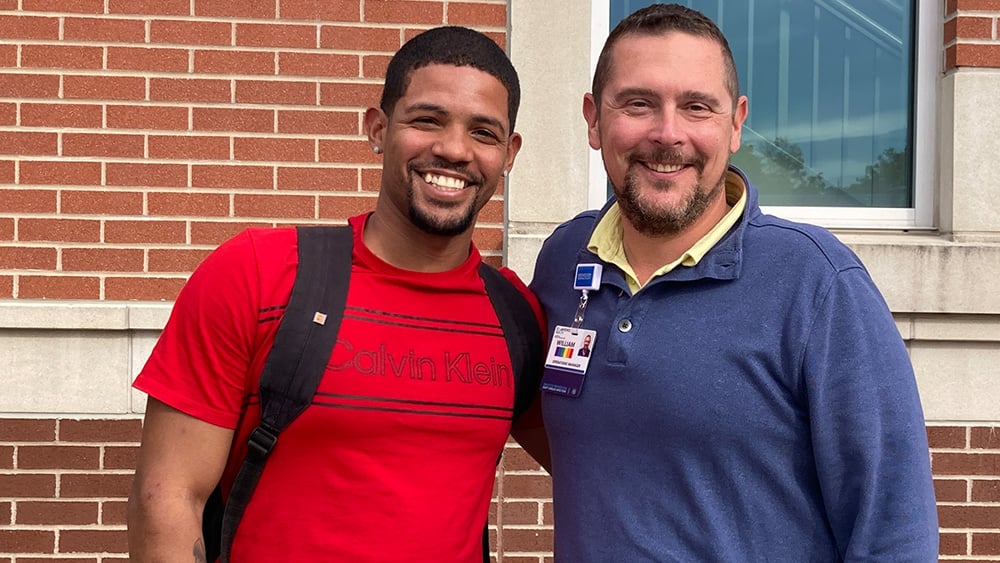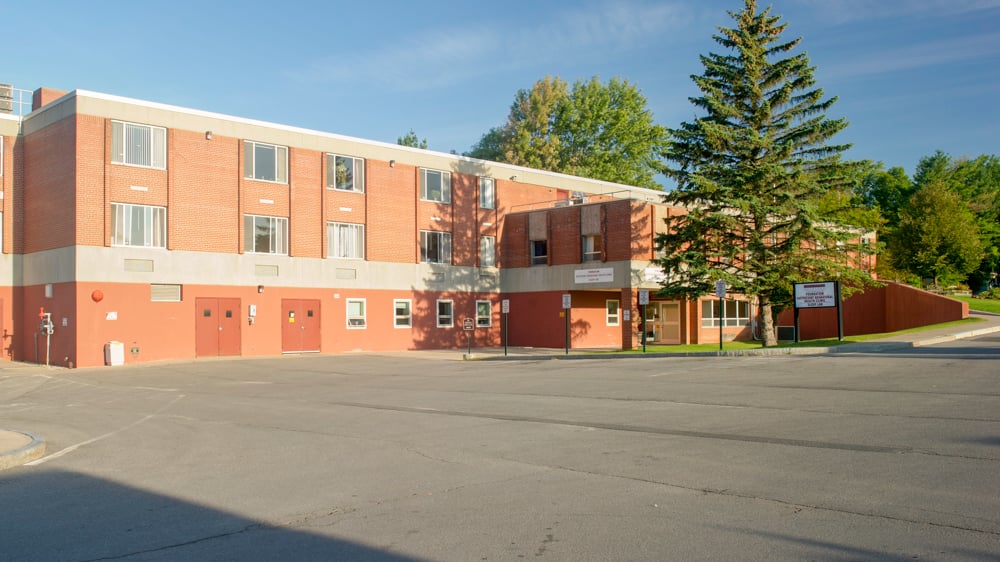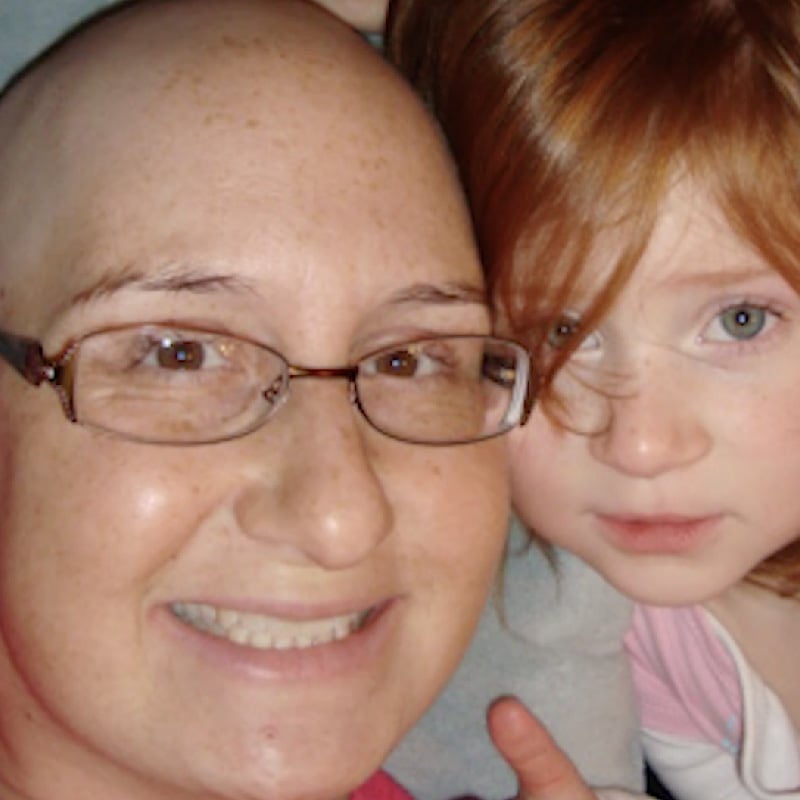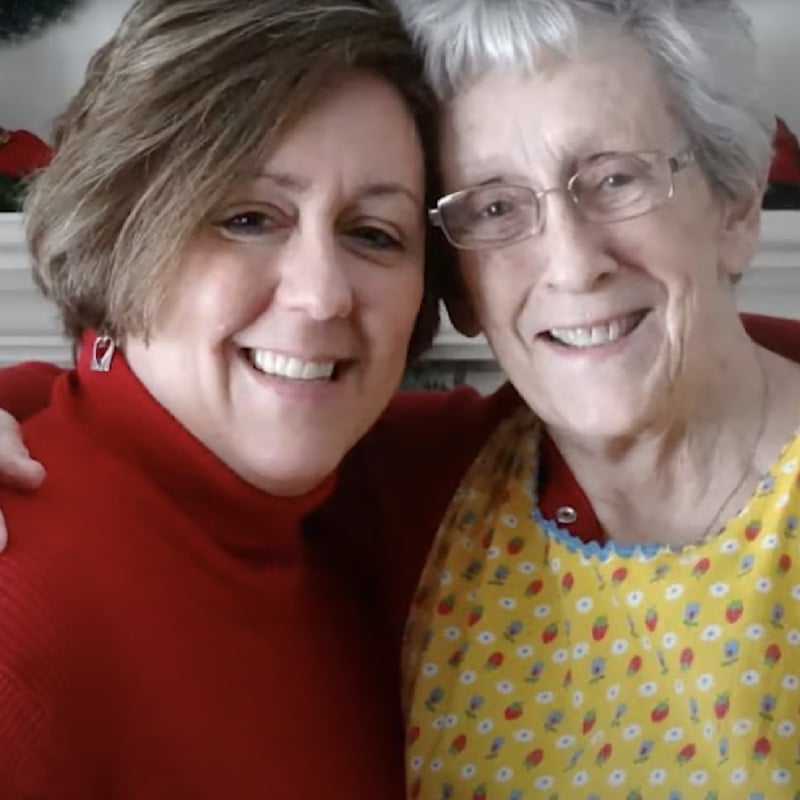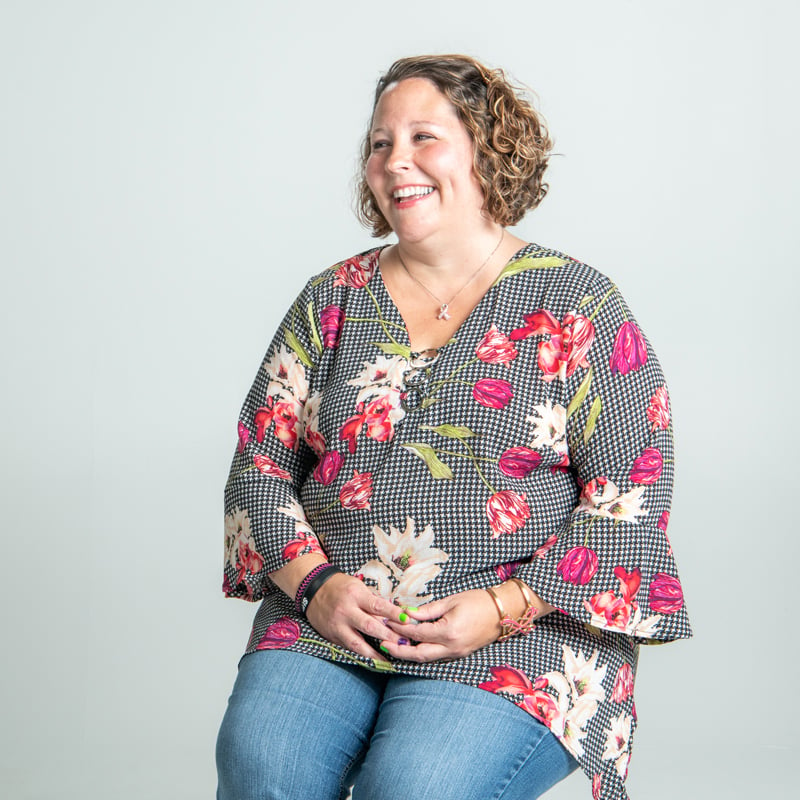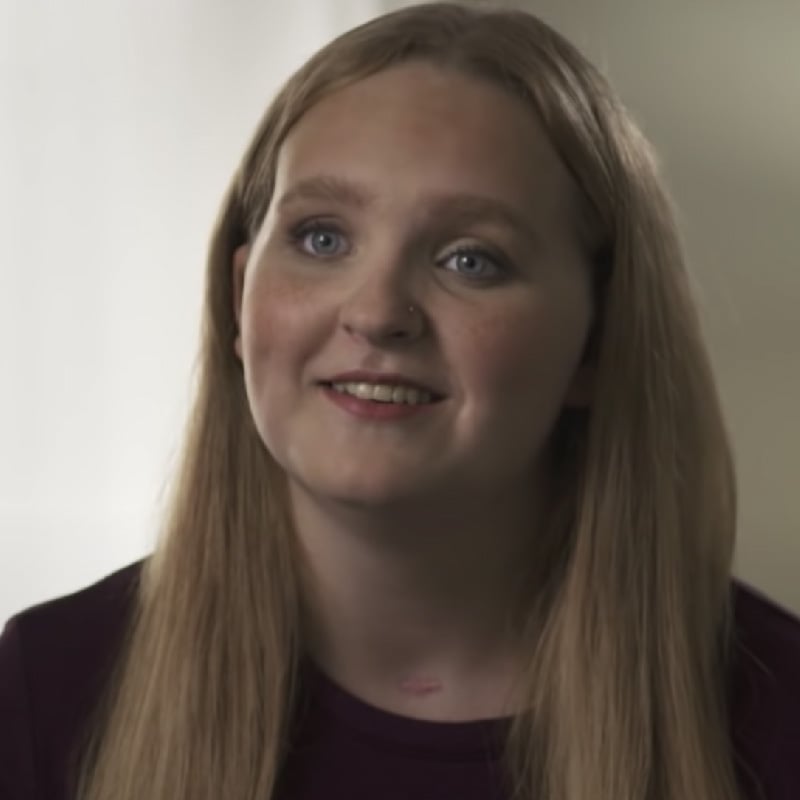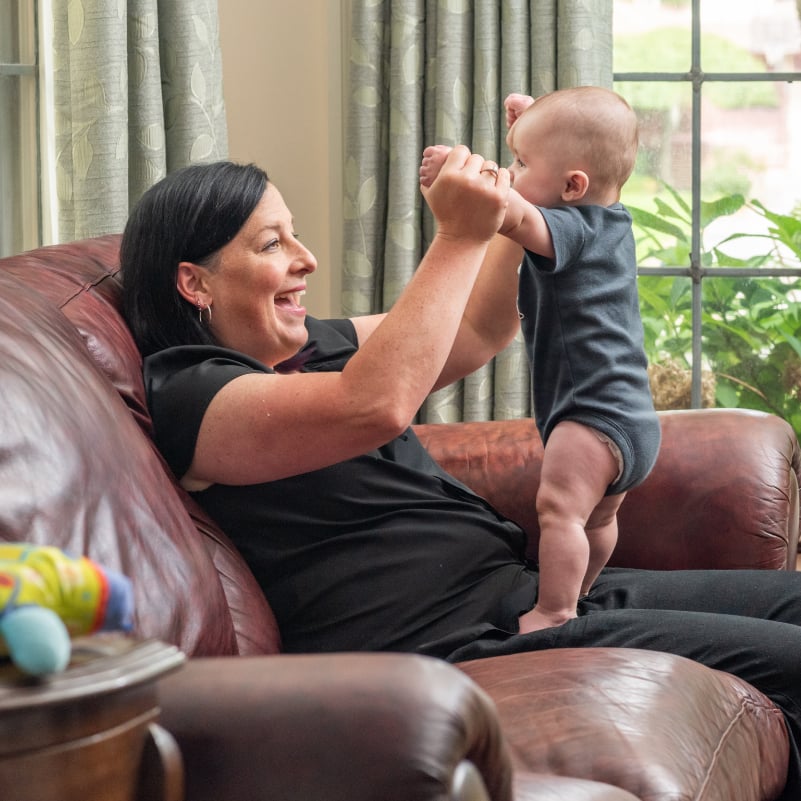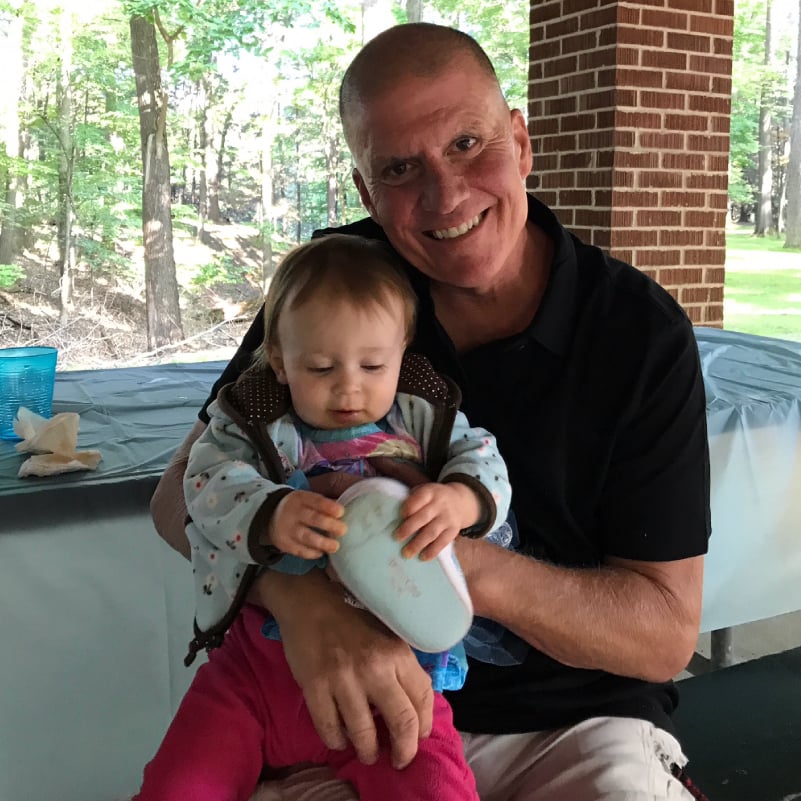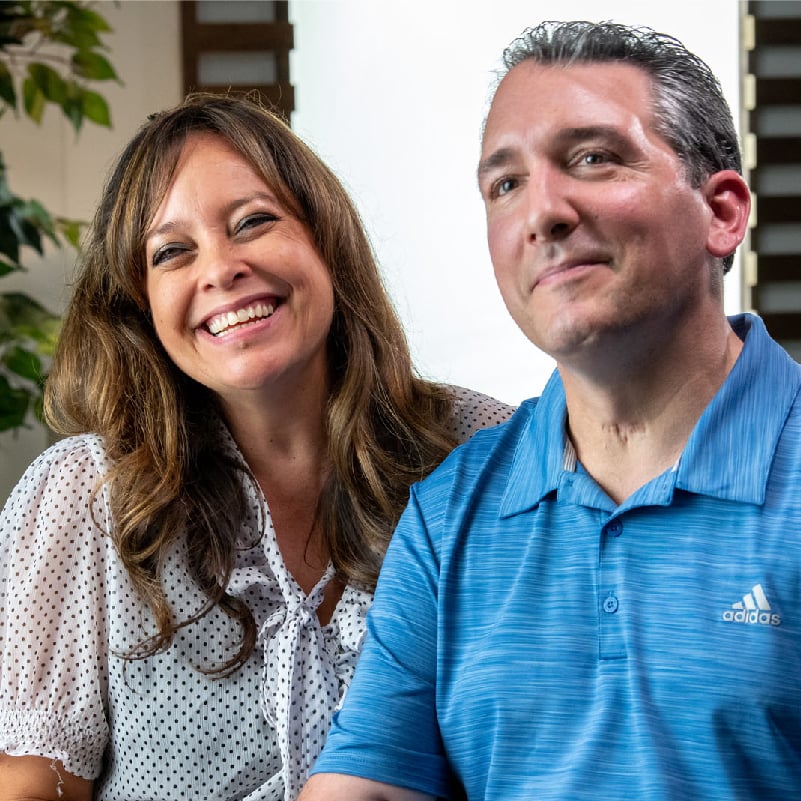In 2021, Felix Ramirez was charged with driving under the influence, and was ordered to go into rehabilitation services through Canton-Potsdam Hospital (CPH). He said that arrest was the best thing that ever happened to him.
The now 31-year-old Ramirez has been in active recovery since that time, and admitted, because he’s not perfect, he slips up sometimes.
The Massachusetts native grew up in a small community where there was a heavy drug-related business, which he was part of.
“That was how I made a living in the hood. I started dealing heroin when I was 16. It was the norm. I was expelled for assault, and was thrown out of high school. As a teenager I did coke (cocaine), Percocet, and weed, but because I wasn’t shooting up I rationalized that I was not a druggie.”
Ramirez came from a large family, and noted the majority of his siblings have had encounters with drugs and/or alcohol. His father had moved to Plattsburgh, and after not seeing each other for five years, his dad asked him to come and live with him. The teen took his father up on the offer and was hopeful he would have a new way of life.
“Before long I was attracted to the same type of people I knew and took up with my old habits of selling again,” Ramirez said. “When I was about 28 I gave up making money that way, but I was smoking weed and overdoing it with the drinking on weekends. I would pass out and have black outs, but because I wasn’t doing it every day it was hard for me to see myself as an alcoholic. This dragged on for months, and something in me told me to get out of that area.”
Life-changing circumstances
It was around this time when Ramirez received that fateful driving under the influence charge. In January 2022 he was sent to CPH for a 28-day treatment program, and ended up losing his job, car, and license.
“I had no other choice but to get help. I would have done anything to not go home and face the embarrassment of what had happened,” he said.
“I’m always a happy partier – I like to celebrate things, and in February (2022) I went home for my mom’s birthday and I celebrated that,” he recalled. “I was back at CPH for rehab from May to June.”
During his treatment, Ramirez knew he had to make some changes. “I wasn’t happy with my life and where it would go if I kept following the same path,” he said.
“In talking with the counselors, I realized I kept comparing myself to others. It wasn’t until I worked with them and was able to talk about what was making me sad and breaking me inside that made me see what was going on,” he added. “Rehab gave me the time to gather my thoughts and talk about things.”
CPH Operations Manager of Behavioral Health William Doyle noted recovery looks different for each person. For some people treatment may work, meetings may work, and others may quit trying altogether.
“To start recovery, you have to know what caused the addiction. There is always a reason,” he said. “Finding the right path for each person is important. We evolve as humans and have to give grace to ourselves if we fail – that is very important.”
Upon release from the program, Ramirez lived in a half-way house in Canton and decided to grab hold of some opportunities in front of him. He earned his GED (general equivalency diploma), started working out and got in shape, and in January 2023 he began attending SUNY Canton.
“While I was growing up my mom and gramma always said to put God first. Where I came from, the belief was always there,” he stated.
That part of his childhood lead him to the local Calvary Baptist Church, where the pastor befriended him. In finding another non-judgemental group of people to be around, like when he was in rehab, Ramirez began delving more into the Bible and believing the church is a guide for him.
“The pastor is one of my closest friends. I now have productive interests that I share with people I know. It’s nice to have people who look out for me because I earned that friendship. It wasn’t bought, and it’s not because they are scared of me,” he said.
As Ramirez continues on this active recovery journey, he was asked by a CPH counselor to come and speak with the individuals who are undergoing the same rehabilitation program he went through.
“I tell them I stumbled a lot, and it’s hard to break bad habits. What it comes down to is, don’t you want to live? There is somebody who loves you, someone who looks up to you. They are waiting for you to get it together,” Ramirez stated. “It’s not easy to put your pride to the side, but living trumps all of that.”
Doyle pointed out the recovery community is very tight, and the entire process is about finding yourself.

